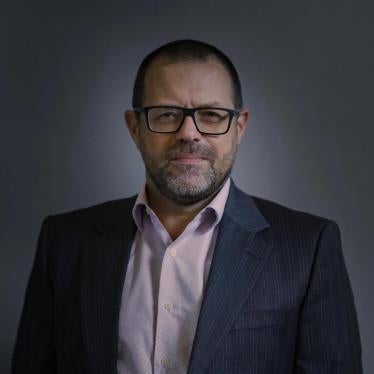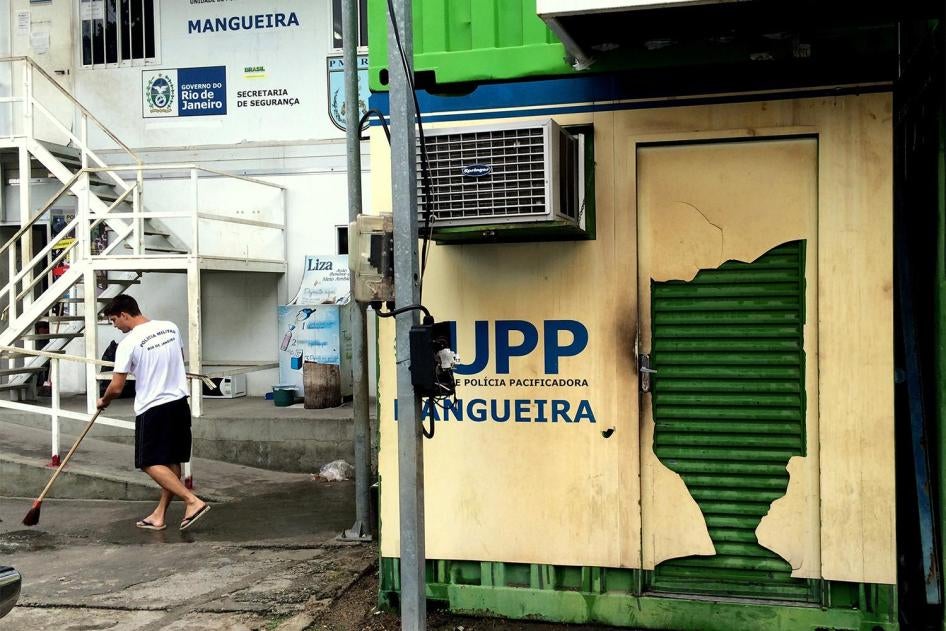Rio de Janeiro's homicide statistics seem to come from a war zone. From January to September, 4,482 people died violently in Rio, 635 of them killed by police. Twenty-six police officers were killed on duty and many more off-duty.
Last Sunday, residents of the Cidade de Deus favela found the bodies of seven men who were allegedly tortured and executed. Their relatives believe police committed the atrocity in retaliation for a helicopter crash at the favela the day before that killed four officers – even though evidence so far points to a mechanical problem. Forensic experts found no bullet holes in the wreckage or the bodies.
Only four years ago, things looked very different in Rio. Killings had dropped to about half the rate of the previous decade. Even in Complexo de Alemão, a vast network of slums considered to be the headquarters of one of Rio´s most powerful gangs, the mood was upbeat after military police installed permanent bases there, called Pacifying Police Units (UPPs in the Portuguese acronym). “It was two years without a shot,” “Vera,” a resident and activist, told me. But now shootings are again a daily occurrence there.
What happened?
A major element was the unraveling of the UPPs. The project´s aim was to take away control of slums from drug traffickers and allow the state government to provide health, education, and other services, especially for young men who might be otherwise tempted to join gangs. But the government never followed through.
“The state never came -- it was only the police,” said “Jorge,” a military police lieutenant I interviewed last year at an UPP in the Mangueira slum who was raised in Complexo de Alemão. “Residents saw their expectations quashed, and they blamed the police.”
Jorge himself was disillusioned with the project, like many other police officers from UPPs I interviewed in 2015 and 2016. They felt abandoned, working without adequate material or psychological support in an increasingly hostile environment.
Some officers also told me that unlawful killings, abuses, and bribe-taking by some of their colleagues put all the UPP officers in danger by breaking the trust of the community. “Cases of violence and corruption make you lose credibility,” Robson Rodrigues told me last year, when he was deputy commander of the military police.
But the response to such cases by the military police command, civil police investigators, and prosecutors has been disappointing. Police officers are rarely prosecuted for unlawful killings, according to research by Human Rights Watch and other organizations. Traffickers have taken advantage of the failures of the state government, of Rio´s justice system, and the police itself, to reclaim the territory they had lost.
Regaining the trust of the community is key for reversing the cycle of violence in Rio de Janeiro. Military-style police operations in slums that leave a trail of blood and tears are counterproductive. To fight crime, the state needs to convince residents to report criminal activity and be witnesses – and that requires a level of trust and faith in the system that is sadly lacking.
A fundamental step to show that the state government is serious about upholding the rule of law would be to conduct thorough investigations into both the killings of police officers and the allegations of police abuse, including the killings in Cidade de Deus, and to forcefully prosecute officers when there is evidence of wrongdoing. Prosecuting abusive cops would make it easier for communities to trust the police force, and make it easier for good officers to do their jobs.










